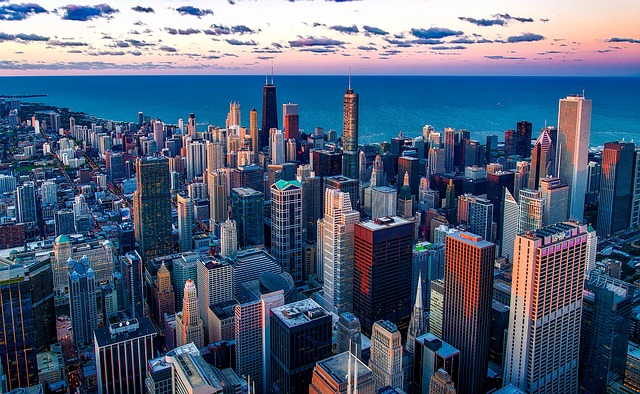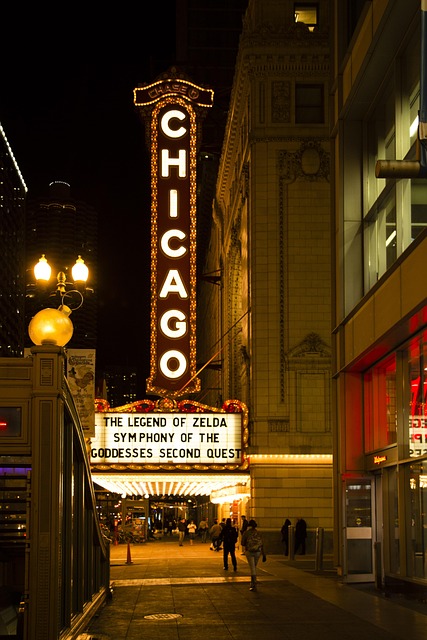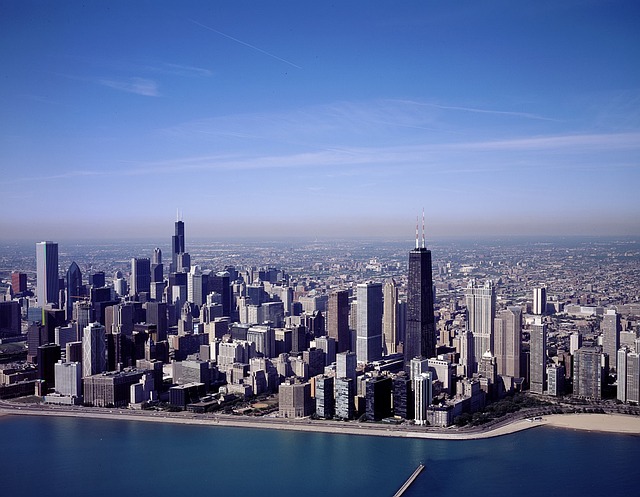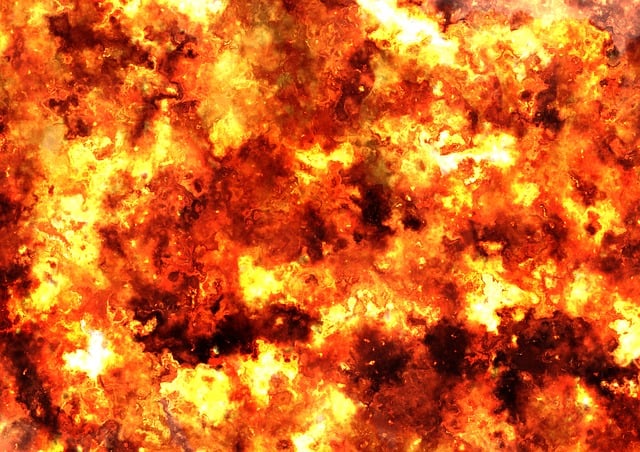Selling a fire-damaged home in Chicago requires adhering to strict local housing regulations covering building codes, zoning, lead paint abatement, and accessibility. Homeowners must secure permits for repairs, navigate legal considerations, and address buyer concerns through transparent marketing and professional support from experienced real estate agencies or contractors specializing in distressed properties. SEO keywords: "sell my fire damaged home Chicago."
“Chicago homeowners often face unique challenges when it comes to housing regulations, especially after natural disasters like fires. This comprehensive guide aims to demystify Chicago’s housing regulations, focusing on selling fire-damaged properties. We’ll navigate you through the process, from understanding legal considerations and permits for repairs to accessing resources to support your journey. If you’re ready to ‘sell my fire damaged home Chicago,’ this article is your essential companion.”
- Understanding Chicago's Housing Regulations: A Comprehensive Guide
- Navigating the Process of Selling a Fire-Damaged Home in Chicago
- Legal Considerations and Permits for Repair and Rehabilitation
- Resources and Support for Homeowners in Chicago's Real Estate Market
Understanding Chicago's Housing Regulations: A Comprehensive Guide
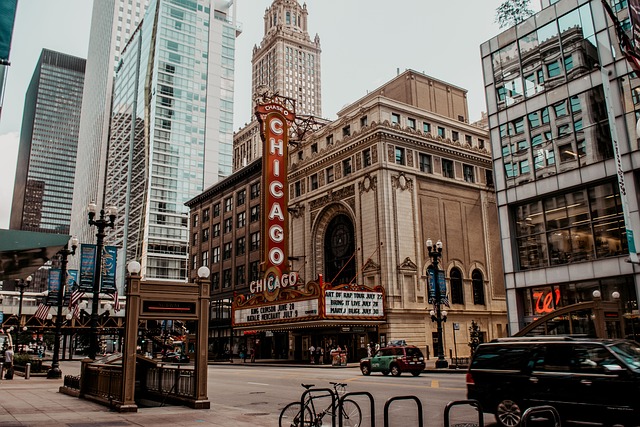
Chicago’s housing regulations are designed to ensure fair practices, safe living conditions, and community standards. When considering selling your fire-damaged home in Chicago, understanding these regulations is crucial. The city has specific guidelines for repairing and rehabilitating properties, including those affected by fires, to maintain the integrity of the neighborhood and protect potential buyers.
These regulations cover various aspects such as building codes, zoning restrictions, lead paint abatement, and accessibility standards. For instance, if your home sustained fire damage, you’ll need to comply with safety standards for structural repairs and possibly face inspections to ensure the work meets Chicago’s stringent criteria. Additionally, selling a fire-damaged property might require disclosures and special considerations to navigate potential buyer concerns, making it essential to consult local experts or professionals who specialize in these transactions.
Navigating the Process of Selling a Fire-Damaged Home in Chicago
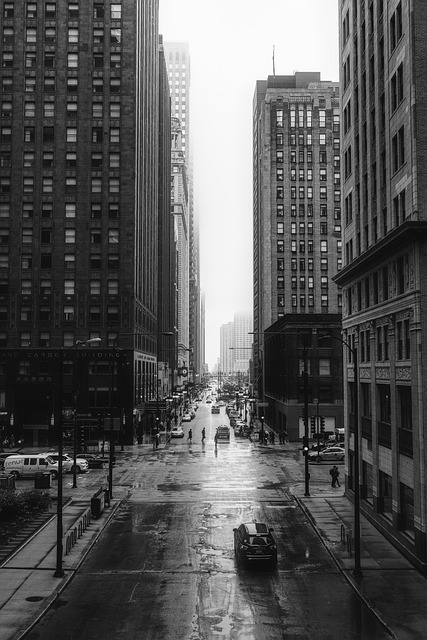
Navigating the process of selling a fire-damaged home in Chicago can be challenging, but with the right steps and knowledge, it’s achievable. The first step is to assess the extent of damage caused by the fire. This involves a thorough inspection to determine if the repairs are cosmetical or structural. In Chicago, it’s crucial to adhere to local building codes and regulations during renovation, ensuring the safety and compliance of the property. Once the assessment is complete, homeowners have options: either repair and rehabilitate the property themselves or work with a contractor specializing in fire damage restoration.
When ready to sell, consult with real estate professionals experienced in handling fire-damaged properties. They can provide valuable insights on market conditions and help set competitive prices. Marketing a fire-damaged home may require highlighting its potential rather than focusing solely on the damage. Creative staging and professional photography can showcase the property’s appeal and post-renovation possibilities. Throughout the selling process, be prepared for potential buyers who may request disclosures about the fire damage and its impact. Transparency is key to building trust with interested parties.
Legal Considerations and Permits for Repair and Rehabilitation

When considering selling a fire-damaged home in Chicago, understanding local housing regulations is crucial. Before any repairs or rehabilitation, homeowners must navigate legal considerations and obtain the necessary permits to ensure compliance with city codes. The City of Chicago has strict building standards and permit requirements for structural alterations and renovations, especially for homes affected by fires.
Permits are essential for various repair and rehab projects, including rebuilding damaged areas, replacing systems, and updating electrical or plumbing infrastructure. Homeowners should contact the appropriate Chicago departments to inquire about specific permits needed for their fire-damaged property. This process involves submitting detailed plans and potentially undergoing inspections to verify that repairs meet safety standards and city regulations. Proper documentation ensures a smoother selling process when dealing with insurance claims or buyers who may require evidence of compliance with local housing regulations.
Resources and Support for Homeowners in Chicago's Real Estate Market

In Chicago’s competitive real estate market, homeowners often require resources and support to navigate various challenges, especially when it comes to selling fire-damaged properties. Selling a fire-damaged home in Chicago can be a complex process due to regulatory requirements and insurance considerations. Fortunately, several organizations offer assistance to make this transition smoother. The city’s Department of Buildings provides guidelines and permits for rehabilitation and rebuilding, ensuring homes meet safety standards after fires.
Additionally, there are non-profit organizations dedicated to helping homeowners manage the aftermath of property damage. These groups offer counseling on navigating insurance claims, rebuilding options, and even financial assistance programs specific to fire victims. For those looking to sell quickly, there are specialized real estate agencies experienced in handling distressed properties, including fire-damaged homes. They can provide valuable insights into the market’s current trends and help homeowners secure fair deals, ensuring a swift sale of their fire-damaged property in Chicago.
Chicago’s housing regulations are designed to ensure safety, maintain neighborhood standards, and guide the real estate market. When considering selling a fire-damaged property in Chicago, understanding these regulations is crucial. This comprehensive guide has navigated key aspects, from legal considerations and repair permits to valuable resources for homeowners. For those looking to sell their fire-damaged homes in Chicago, this knowledge will empower informed decisions, ensuring a smooth process.


